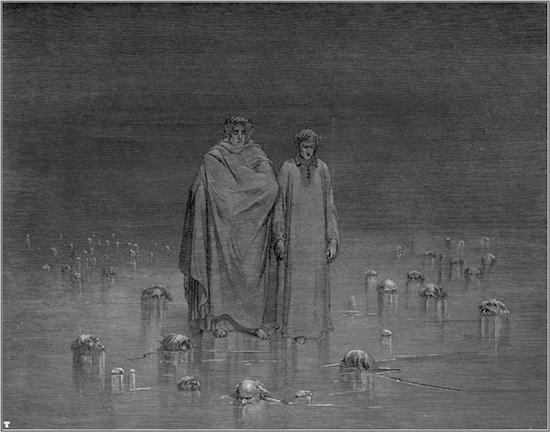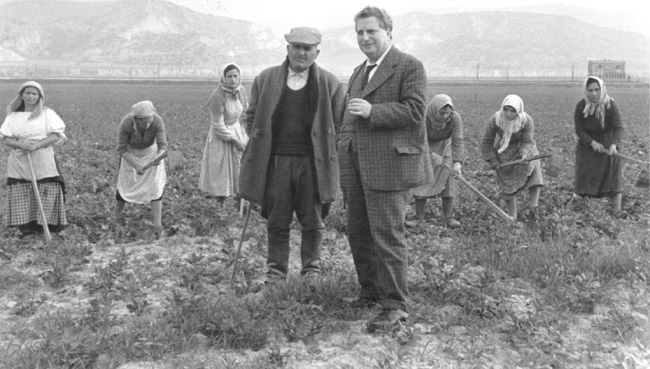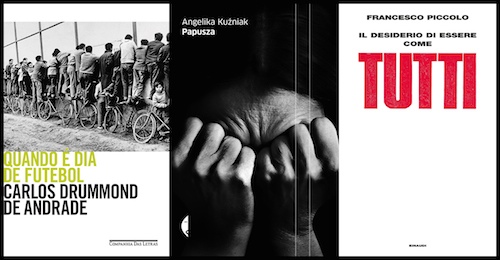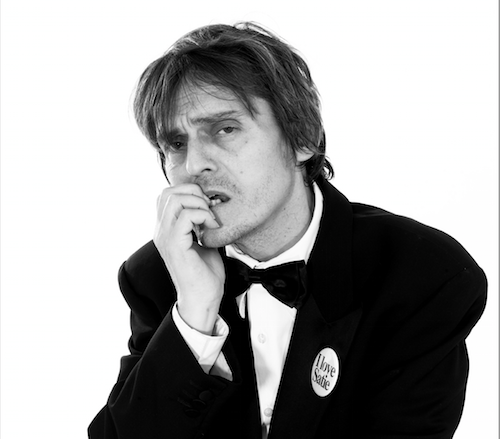TWO HORIZONTAL GIRLS
The little girl had taken all the postcards to bed with her. She called them the collection. They were scattered all over the sheets and wedged between the pillows, where she could line them up, arrange them in columns, switch them around, alphabetize them or put them into chronological order, or distribute them as if they were cities and towns and the mattress was one big map. The big girl, stretched out on the floor at the foot of the bed, had first explained to her that she couldn’t really refer to them as a collection, since they had all been sent by one correspondent, that is, her father, and then she’d done something far worse. With an enormous effort of the will, she’d reached up a hand from the linoleum-level where she lay to the bed-level, and she’d convinced the little girl to hand her the first three, four, or five postcards in the row. The room they were in was dominated by white. The walls were white, the sheets and pillowcases were white, the curtains on the windows were white, the gauze bandages on the little girl’s wrists were white. The big girl had laboriously opened her right eye, like a shipwrecked sailor blinded by that expanse of blinding white pack ice; then she’d checked the stamps and the postmarks and asked the little girl why on earth she thought the postcards had all come from the post office of East Verona, if each of them were marked with a different city: Amsterdam, Aosta, Athens, Bangkok, and Berlin. She had even been on the verge of explaining to the little girl that her father wasn’t an archeologist or an explorer, much less an agent working for the intelligence service, constantly moving around the world. Her father was quite simply just one more husband who had left his wife to start a new life, probably with a younger woman, somewhere in the greater Verona metropolitan area. Then the thought of family, any family at all, had triggered a surge of nausea, so instead all she’d said was: “Oh what the fuck do I care; as far as I’m concerned you can all just drop dead. I’m mustering my last ounce of strength to keep from vomiting.” READ MORE…







